This is a beautiful, moving example of the poetry of place. Achichúk names both the collection and the place with which Merina is deeply familiar. That two-part signification invites us to read Achichúk as lyric geography. Its best poems convey deftness, verve, and grace. And the syntax found in the poems--in the arrangements on the page and the word-music they score--embody the energies of tide and wind. If culture is a form of survival, then Merina not only enriches Philippine poetry but also enables Ivatan culture to thrive in a language that his tillage has made hospitable. --John Labella, Ateneo de Manila University Dorian S. Merina is a poet and journalist. He is the author of two chapbooks of poetry, Stone of the Fish and The Changegiver, and a spoken word album, Heaven is a Second Language. He lives with his wife and daughter in Savidug, Sabtang, where he helps to document and preserve the Ivatan indigenous oral poetry, Laji.
Hinweis: Dieser Artikel kann nur an eine deutsche Lieferadresse ausgeliefert werden.
Hinweis: Dieser Artikel kann nur an eine deutsche Lieferadresse ausgeliefert werden.

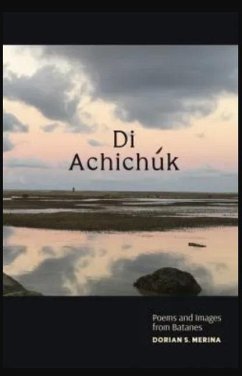

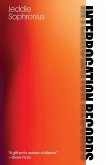
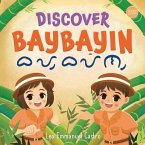
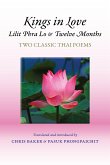
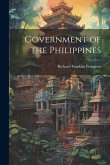

![Twenty Years in the Philippines [1819-1839] Twenty Years in the Philippines [1819-1839]](https://bilder.buecher.de/produkte/68/68852/68852940m.jpg)